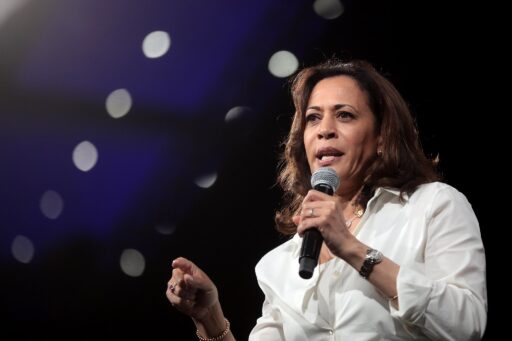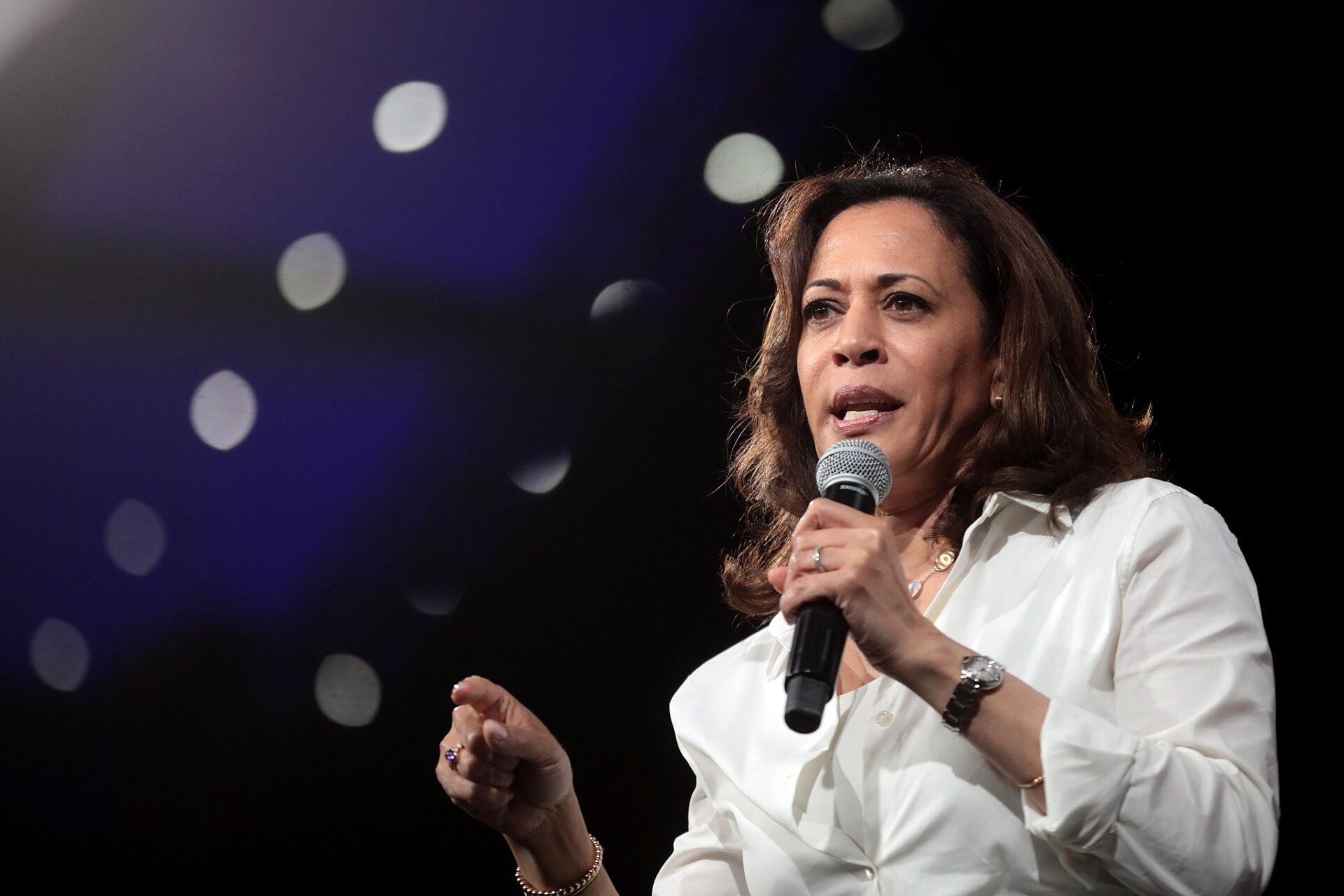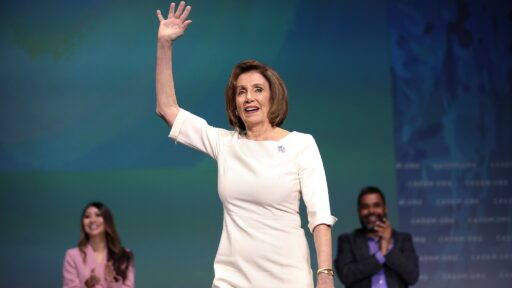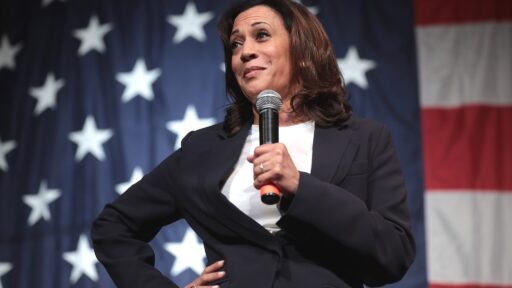Kamala needs to cut all ties with anti-Israel protestors.
During a Detroit campaign rally on Wednesday night, Vice President Kamala Harris faced a group of hateful anti-Israel protesters who disrupted her speech. The demonstrators chanted, “Kamala! Kamala! You can’t hide! We won’t vote for genocide!” in a display of their strong opposition to U.S. support for Israel.
In response, Harris firmly addressed the hecklers, saying, “If you want Donald Trump to win, then say that. Otherwise, I’m speaking.” This exchange highlighted the tension surrounding her stance on the Israel-Gaza conflict, which has been a point of contention in her campaign.
Earlier, Harris attempted a more measured approach, stating, “I am here because we trust democracy. Everyone’s opinion matters, but I’m speaking now,” in an effort to calm the situation and continue her address.
The disruption was significant as it underscored the growing controversy over U.S. foreign policy and the potential impact on the upcoming election. Despite generally avoiding major interruptions at her events, Harris’s recent public appearances have faced scrutiny, particularly from those critical of the U.S.’s support for Israel’s actions in Gaza.
President Biden, who recently withdrew from the presidential race and endorsed Harris, experienced similar disruptions during his campaign. Critics, particularly from Arab and Muslim communities, have voiced strong opposition to Biden’s policies, which could potentially sway voters towards former President Donald Trump. This is particularly relevant in swing states like Michigan, which played a crucial role in Trump’s 2016 victory and Biden’s 2020 comeback.
Harris has expressed her support for Israel but has also criticized Prime Minister Benjamin Netanyahu’s government, notably commenting on the high civilian casualties in Gaza. This dual stance has drawn both support and backlash, influencing public perception.
In contrast, Harris’s earlier appearances on Wednesday, including a rally in Philadelphia and another in western Wisconsin, were free from significant disruptions, though a lone protester did make their presence felt outside a venue in Philadelphia.
As the campaign progresses, the interplay between foreign policy positions and electoral strategy continues to be a critical factor in shaping the political landscape.







